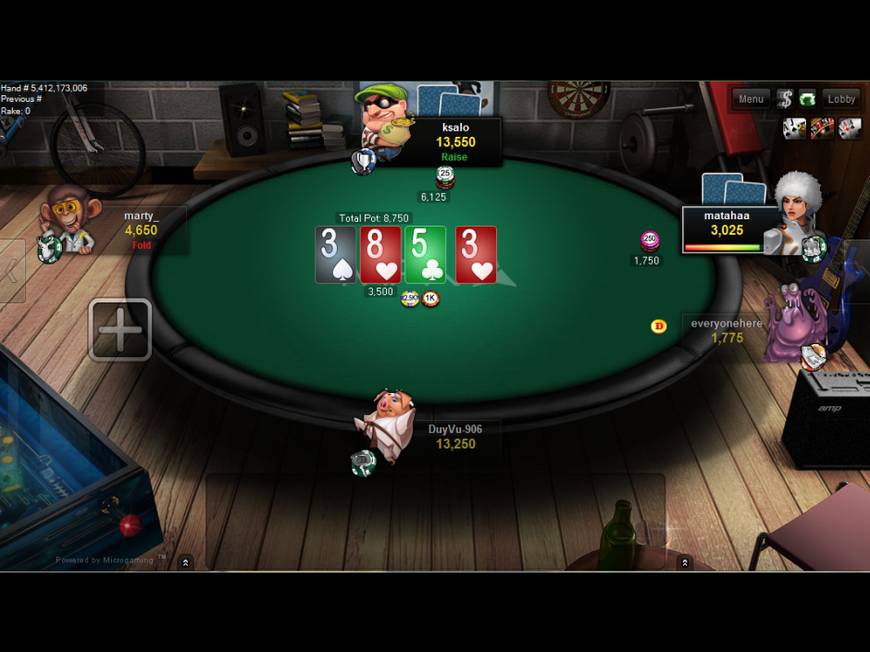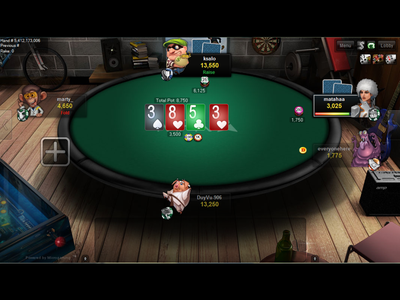

- A statistical analysis of around 175 million hands by Microgaming Head of Poker, Alex Scott, has thrown up some unexpected results about anonymous tables.
- The hands were all played at the MPN network, and excluded hands at Heads Up tables, Blaze fast fold tables, and any other games where both anonymous tables and normal cash game tables are not offered.
- 40% of players play at anonymous tables according to Alex Scott, many of them recreational players.
- “In fact, weak players lose more and have an even shorter lifetime than they would if they played regular tables. This is the other key reason that anonymous players play fewer hands – they have already gone broke.”
- The conclusion challenges the idea that anonymous tables protect recreational players from grinders—an argument that has often been deployed in support of the concept.
A statistical analysis of around 175 million hands by Microgaming Head of Poker Alex Scott has thrown up some unexpected results about anonymous tables.
The hands were all played at the MPN network, and excluded hands at Heads Up tables, “Blaze” fast-fold tables, and any other games where both anonymous tables and normal cash game tables are not offered.
The data showed that 40% of players play at anonymous tables, and a higher proportion of them are recreational players. Higher volume players tend to prefer the standard tables where they can use HUD software to make multi-tabling easier, it was concluded.


